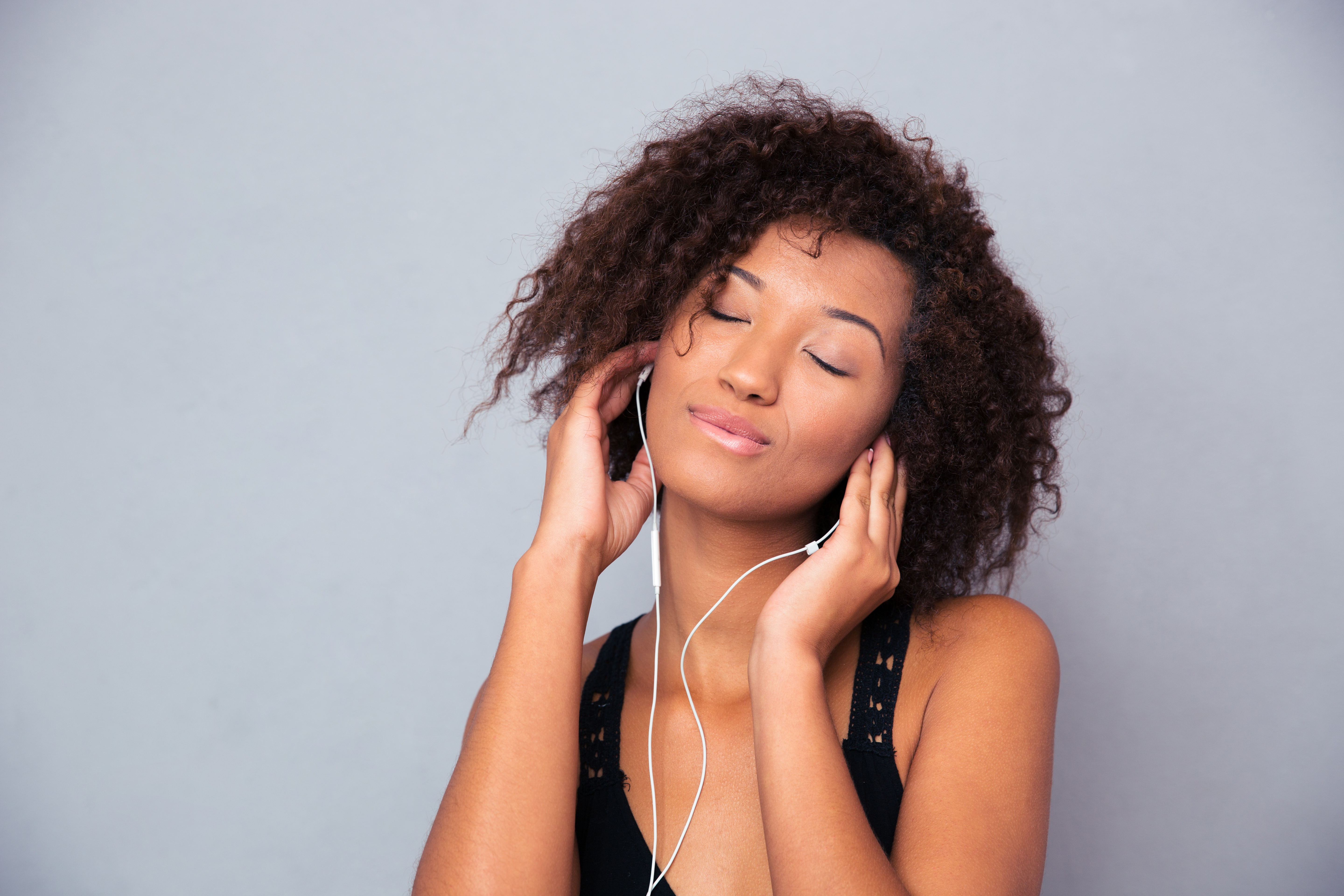Your Cycle Is A Headache – In More Ways Than One!
Have you ever noticed that when you’re deep in the throws of PMS, a headache always seems to be around the corner? If you get stressed, don’t sleep enough, miss a birth control pill, or any other change, it’s all too easy to find yourself stuck in a headache that could even last for days at a time.
So what is it about a hormone shift that can cause so much pain?
Many factors contribute to headaches for both men and women, including family history and age. Women, however, often notice a relationship between headaches and hormonal changes.
The hormones estrogen (ES-truh-jen) and progesterone (pro-JES-tuh-rohn) play key roles in regulating the menstrual cycle and pregnancy and may also affect headache-related chemicals in the brain.
Having steady estrogen levels may improve headaches, while experiencing estrogen levels that dip or change can make headaches worse.
Though fluctuating hormone levels can influence headache patterns, you’re not completely at the mercy of your hormones. Your doctor can help you treat — or prevent — hormone-related headaches.
During menstruation
The drop in estrogen just before your period may contribute to headaches. Many women with migraines report headaches before or during menstruation.
Your menstrual-related migraines may be treated in several ways. Proven treatments for migraine are often effective for treating menstrual migraine. They include:
- Apply ice. Hold a cold cloth or an ice pack to the painful area on your head or neck. Wrap the ice pack in a towel to protect your skin.
- Relaxation exercises. Try relaxation exercises to lower stress.
- Biofeedback. Biofeedback may improve your headaches by helping you to monitor how your body responds to stress.
- Acupuncture. Acupuncture may improve your headaches and help you relax.
- Take over-the-counter pain relievers. Your doctor may recommend you take nonsteroidal anti-inflammatory drugs (NSAIDs), such as naproxen (Aleve) or ibuprofen (Advil, Motrin IB, others). These medications may relieve your pain soon after your headache begins.
- Take triptans. Your doctor may prescribe triptans, medications that block pain signals in your brain. Triptans often may relieve pain from your headache within two hours and help to control vomiting.
- Take pain relievers and triptans. Some women may take a combination of NSAIDs and triptans to relieve pain from menstrual migraines.
- Take other prescription pain medications. Sometimes your doctor may suggest other prescription pain medications, such as dihydroergotamine (Dihydroergotamine Mesylate).
– via Mayo Clinic
Causes of hormonal headaches
One of the most powerful things you can do to handle health issues is to figure out the cause. Knowing where your headaches come from can allow you to figure out how to heal or even prevent them more easily.
Headaches, especially migraine headaches, have been linked to the female hormone estrogen. Estrogen controls chemicals in the brain that affect the sensation of pain. A drop in estrogen levels can trigger a headache. Hormone levels change for a variety of reasons, including:
Menstrual cycle: Levels of estrogen and progesterone fall to their lowest levels just prior to menstruation.
Pregnancy: Estrogen levels rise in pregnancy. For many women, hormonal headaches go away during pregnancy. However, some women experience their first migraines during early pregnancy and then find relief after the first trimester. After giving birth, estrogen levels fall rapidly.
Perimenopause and menopause: Fluctuating hormone levels in perimenopause (the years leading to menopause) cause some women to have more headaches. Approximately two-thirds of women who experience migraines say their symptoms improve as they reach menopause. For some, migraines actually worsen. This may be due to the use of hormone replacement therapies.
Oral contraceptives and hormone replacement therapy: Birth control pills and hormone replacement therapy can cause hormone levels to rise and fall. Women whose migraines come as a result of hormonal changes while on the pill typically have migraine attacks during the last week of the cycle, when the pills do not have hormones.
Other contributing factors
Genetics are thought to play a role in chronic migraines. People who have migraines tend to have a combination of factors that trigger their headaches. In addition to hormones, these include:
- skipping meals
- getting too much or too little sleep
- intense lights, sounds, or smells
- severe weather changes
- alcoholic beverages, especially red wine
- too much caffeine or caffeine withdrawal
- stress
- processed meats, hard sausages, and smoked fish
- monosodium glutamate (MSG), a flavor enhancer
- aged cheeses
- soy products
- artificial sweeteners
– via Healthline
Do you suffer with headaches or migraines? Could they be caused by a hormonal imbalance?
